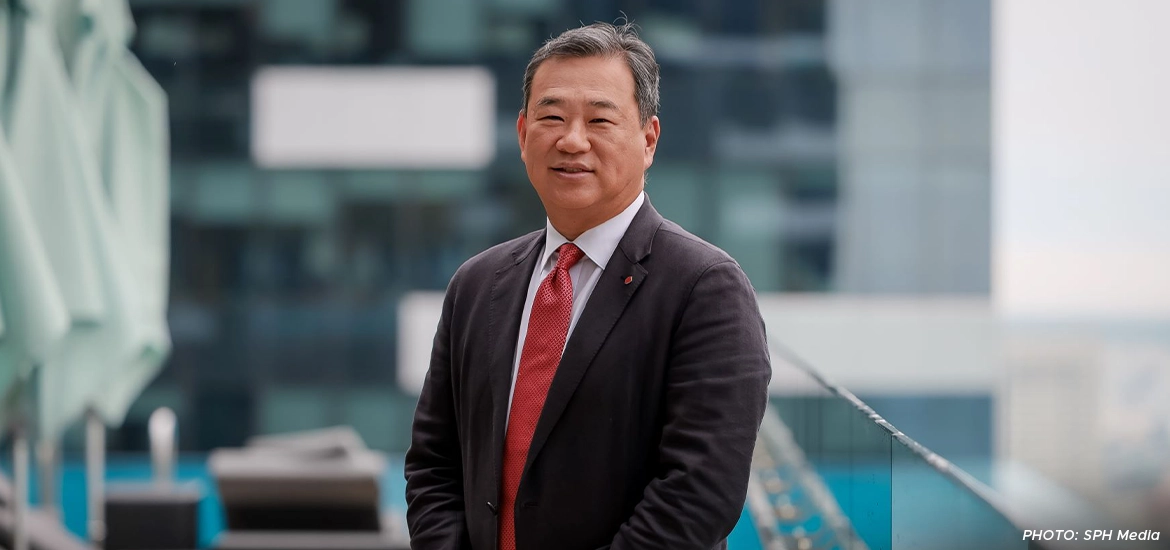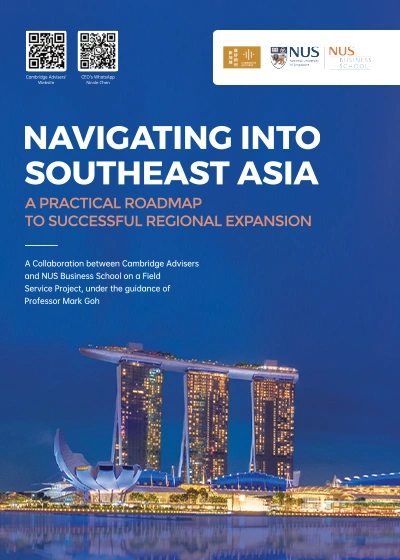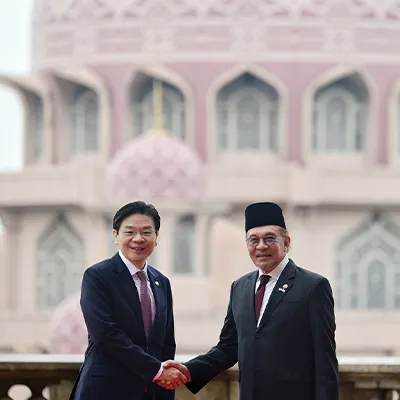An IPO here could thus be on the cards “by the end of the decade”, as the company seeks to attract more investors to scale up its retail presence in the region, where the Lotte brand is already strongly associated with tourism in Vietnam and Indonesia.
Lotte currently operates 49 stores in Indonesia and 19 in Vietnam, including its premium shopping mall Lotte Mall West Lake Hanoi – an integrated development comprising a luxury shopping centre, hotel, offices, and residences.
The 355,000 square metre complex houses over 400 stores, of which 40 per cent are brands that are new to the city or the country. It saw more than 10 million customers within a year of opening in 2023.
“Our store in Da Nang is also seen as the last stop before tourists return to their home countries because there’s so much that we offer there,” Mr Kim said.
He added that the region holds huge market potential compared with South Korea, as the population here is larger, younger and also internet-savvy, allowing them to grow familiar with Korean culture at a very fast pace and become early adopters of new products and experiences.
However, he noted that the company is exercising caution in its e-commerce expansion here to avoid potential heavy losses due to the significant investment required.
He added that Japanese retail company Aeon, which operates shopping malls in Southeast Asia, is also making further inroads in Lotte’s markets, posing strong competition.
But compared with its competitors, Lotte said it offers an unmatched curation of both Korean and local retail and food and beverage offerings.
The company said it plans to develop two to three more premium retail complexes in major Vietnamese cities by 2030. It aims to hit three trillion won (S$2.8 billion) in overseas sales in the same year.
It reported 1.6 trillion won in overseas revenue for 2024, up 6.7 per cent from 1.5 trillion won in 2023. Operating profit for 2024 was 40 billion won, up 81.8 per cent from 22 billion won in the previous year.
The outlook for 2025 is already looking positive, with overseas revenue for the first half of the year already at 900 billion won, up 12.5 per cent from the year-ago period, and operating profit up 54.5 per cent at 34 billion won.
Overall, Lotte’s overseas operations already contributed 12.9 per cent of its consolidated revenue and 18.1 per cent of operating profit for the first half of 2025.
In addition to its physical stores, the company is also venturing into a new “shop-in-shop” business model, where it operates a mini-store or dedicated section inside a store, rather than having a standalone one.
It launched Lotte Mart Express in Singapore in May 2025, set up inside FairPrice Xtra in VivoCity, and plans to replicate this concept in other markets.
The Korean group’s curated selection of Lotte’s “private brand” products is also available in over 100 stores of the Singapore supermarket chain.
A Lotte private brand product is developed and branded by Lotte itself, rather than by an external manufacturer or third-party brand.
Lotte also exports its private brand products to 13 countries, as demand for Korean food and lifestyle brands continues to grow.









